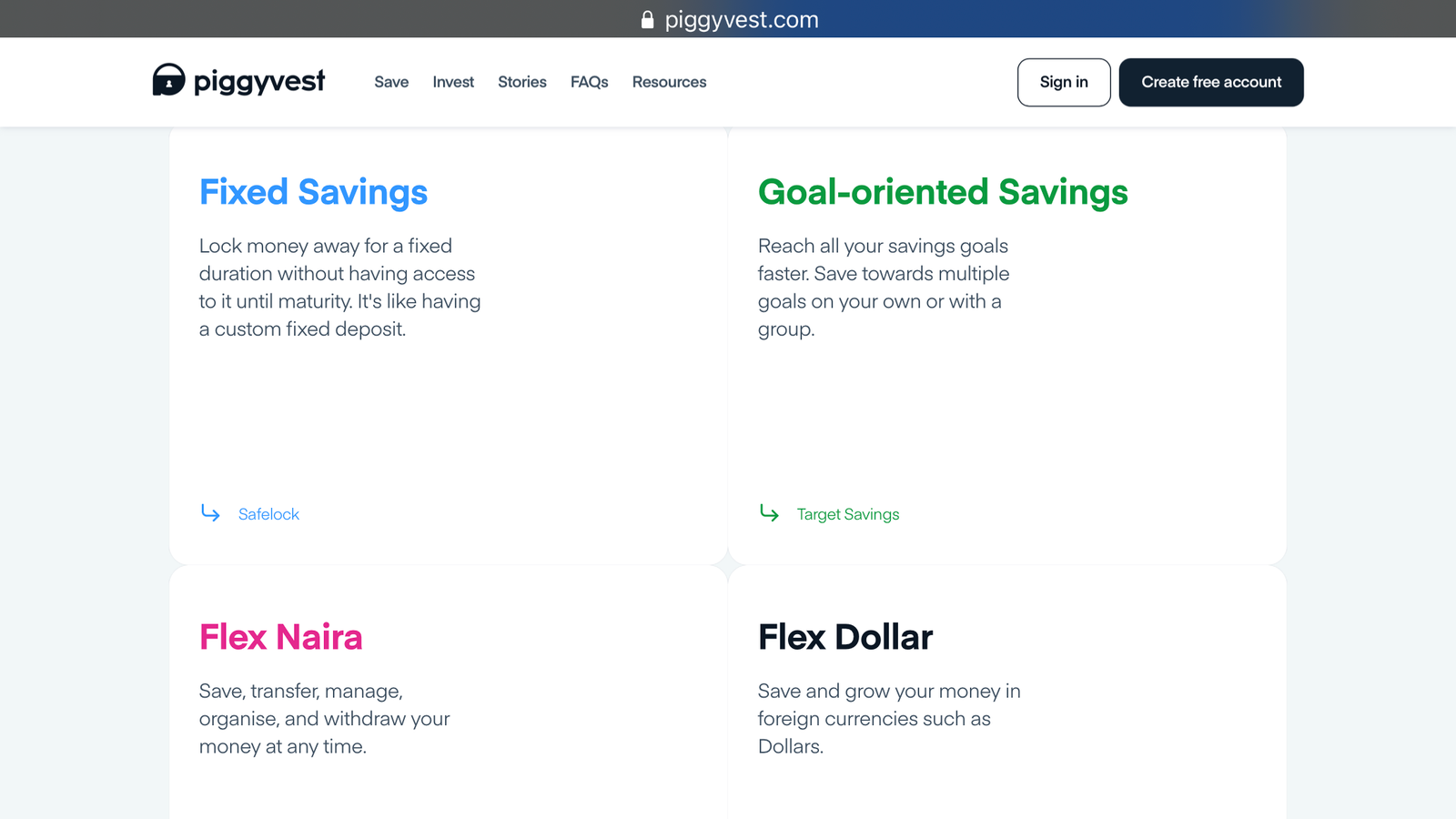The world of business has been greatly transformed by the power of the internet, making it easier than ever to start and run a business.
One lucrative opportunity that has gained popularity in recent years is the mini importation business. With this business model, individuals can import goods from countries like China and sell them for a profit in their own countries. In this article, we will explore step-by-step how to start a mini importation business from China to Nigeria, providing you with the knowledge and insights to embark on this exciting entrepreneurial journey.
How to Start a Mini Importation Business from China to Nigeria
Understand the Mini Importation Business Model
Before diving into the process of importing goods, it’s crucial to have a clear understanding of the mini importation business model. Essentially, the business involves sourcing products from international suppliers, primarily in China, and reselling them in your home country for a profit. It’s a low-cost business model that doesn’t require a physical store, as most transactions are conducted online.
Research and Identifying Profitable Products
The success of your mini importation business heavily relies on selecting the right products to import. Thorough research is essential to identify profitable products that have a demand in the Nigerian market. Start by analyzing market trends, identify consumer preferences, and conducting keyword research to gain insights into popular products. Consider factors like pricing, competition, and market saturation to narrow down your product selection.
Finding Reliable Suppliers in China
Finding reliable suppliers in China is crucial for the smooth operation of your mini importation business. Several online platforms, such as Alibaba, Made-in-China, and Global Sources, connect international buyers with suppliers in China. These platforms provide a vast catalog of products and allow you to communicate directly with suppliers. Look for suppliers with a good track record, positive reviews, and clear communication channels. I firmly recommend Alibaba based on my past experience.
Evaluate Supplier Credibility and Product Quality
Once you have shortlisted potential suppliers, it’s important to evaluate their credibility and the quality of their products. Request product samples to assess their quality firsthand and verify that they meet your requirements.
Negotiate with Suppliers and Place Orders
Negotiation skills play a significant role in securing favorable terms and prices with your suppliers. Be prepared to negotiate on factors such as price, minimum order quantities, packaging, and delivery terms. Carefully review the supplier’s terms and conditions and ensure they align with your business goals.
Once negotiations are finalized, place a sample order to validate the product quality and establish a working relationship with the supplier. If the sample order meets your expectations, you can proceed to place larger orders to meet the demands of your business.
Shipping and Logistics Considerations
Shipping and logistics are crucial aspects of the mini importation business. Depending on the size and weight of your products, you can choose between different shipping methods, such as express couriers, air freight, or sea freight.
Read also: How to Apply for Loans for Unemployed People in Nigeria
Consider factors like cost, delivery time, and the nature of your products when selecting the most suitable shipping option. It’s also important to factor in customs regulations and any necessary documentation for smooth importation.
Some of these documents include;
- Certificate of Incorporation
- Tax Identification Number (TIN)
- Importer’s and Exporter’s License
- Nigerian Export Proceeds (NXP) Form
- Proforma Invoice
- Bill of Lading/Airway Bill
- Packing List
- Commercial Invoice
Manage Inventory and Warehouse Solutions
Efficient inventory management is crucial for the success of your mini importation business. Determine the optimal quantity of products to import based on market demand and your storage capacity. Consider utilizing warehouse solutions, such as third-party logistics providers or fulfillment centers, to handle storage, packaging, and order fulfillment. This can help streamline your operations and ensure timely delivery to your customers.
Market and Sell Your Imported Products
To generate sales and attract customers, effective marketing strategies are essential.
Leverage various channels such as social media platforms, online marketplaces, and your own e-commerce website to showcase and promote your imported products.
Craft compelling product descriptions, high-quality images, and engaging content to entice potential buyers. Implement marketing tactics like search engine optimization (SEO), social media advertising, and influencer partnerships to expand your reach.
Conclusion
Thanks for reading to this end. I hope you find this article insightful. If you have any question, don’t forget to always reach out to me using the comment section regarding how you can start Mini importation from China to Nigeria.
Frequently Asked Questions (FAQs)
How much capital do I need to start a mini importation business from China to Nigeria?
The required capital can vary depending on your product selection, order quantities, shipping methods, and marketing strategies. It’s advisable to start with a modest budget and gradually scale up as your business grows.
Can I import any type of product from China to Nigeria?
While there are generally no restrictions on the types of products you can import, it’s important to comply with import regulations and consider market demand in Nigeria. Certain products may require additional certifications or face import restrictions.
How do I ensure the quality of products before importing them?
Requesting product samples from suppliers is a common practice to assess quality. You can also conduct thorough due diligence on suppliers, read customer reviews, and seek recommendations from other importers to ensure you work with reliable and reputable suppliers.





